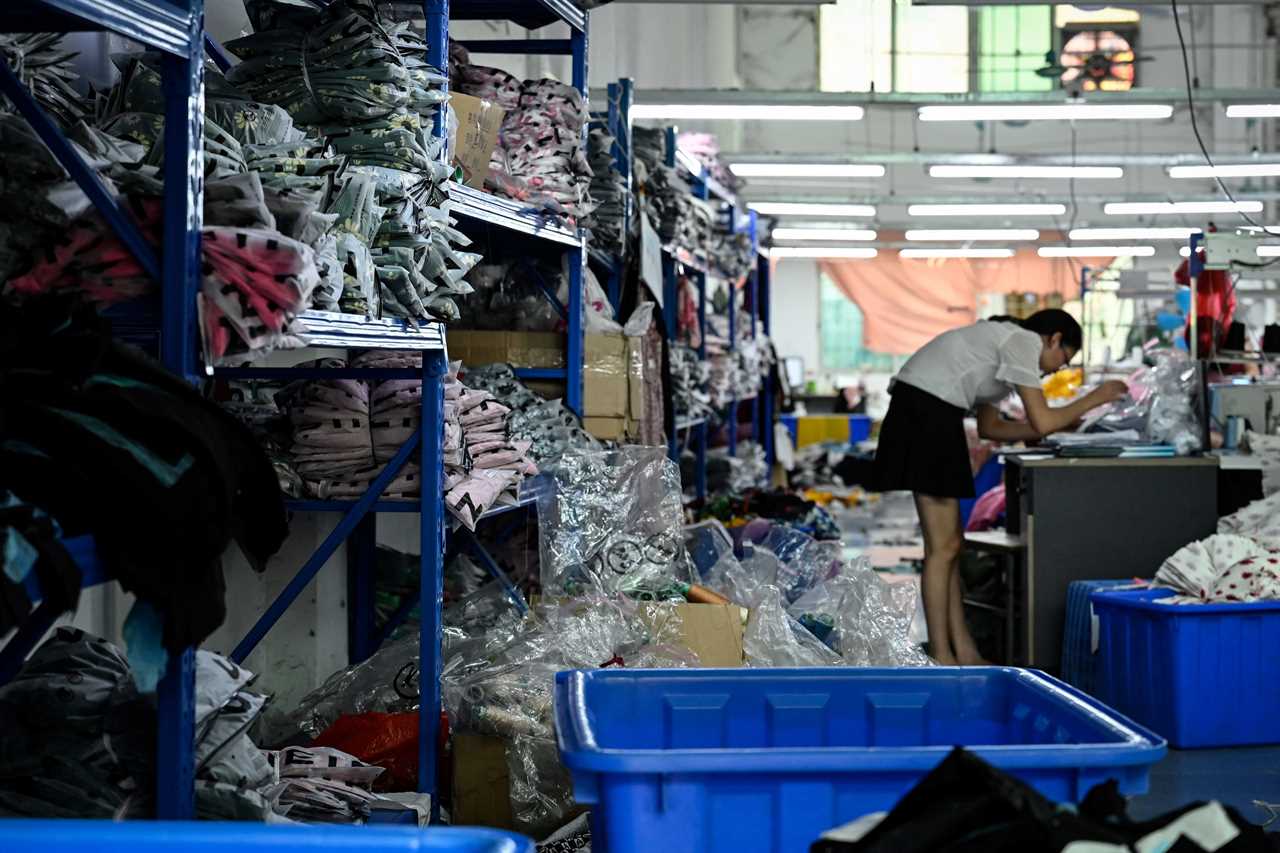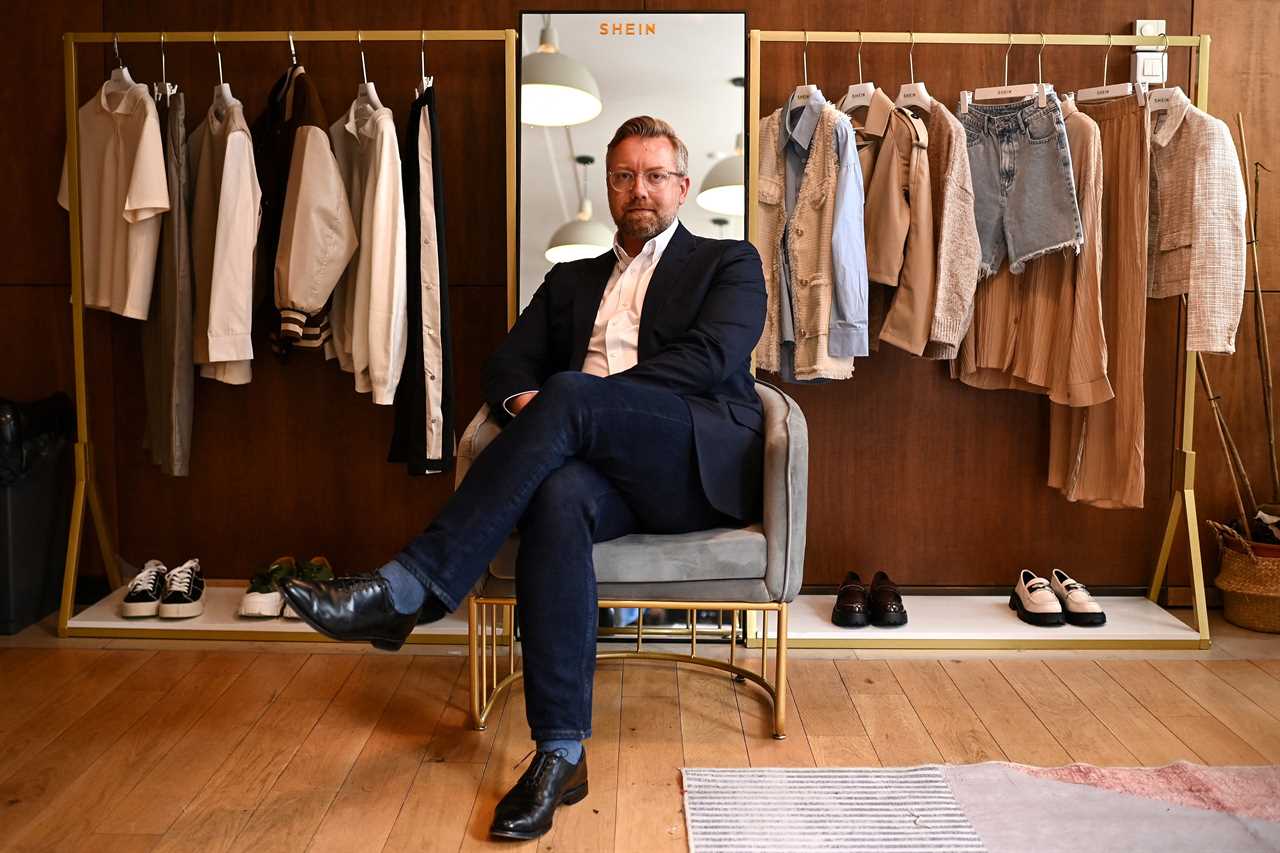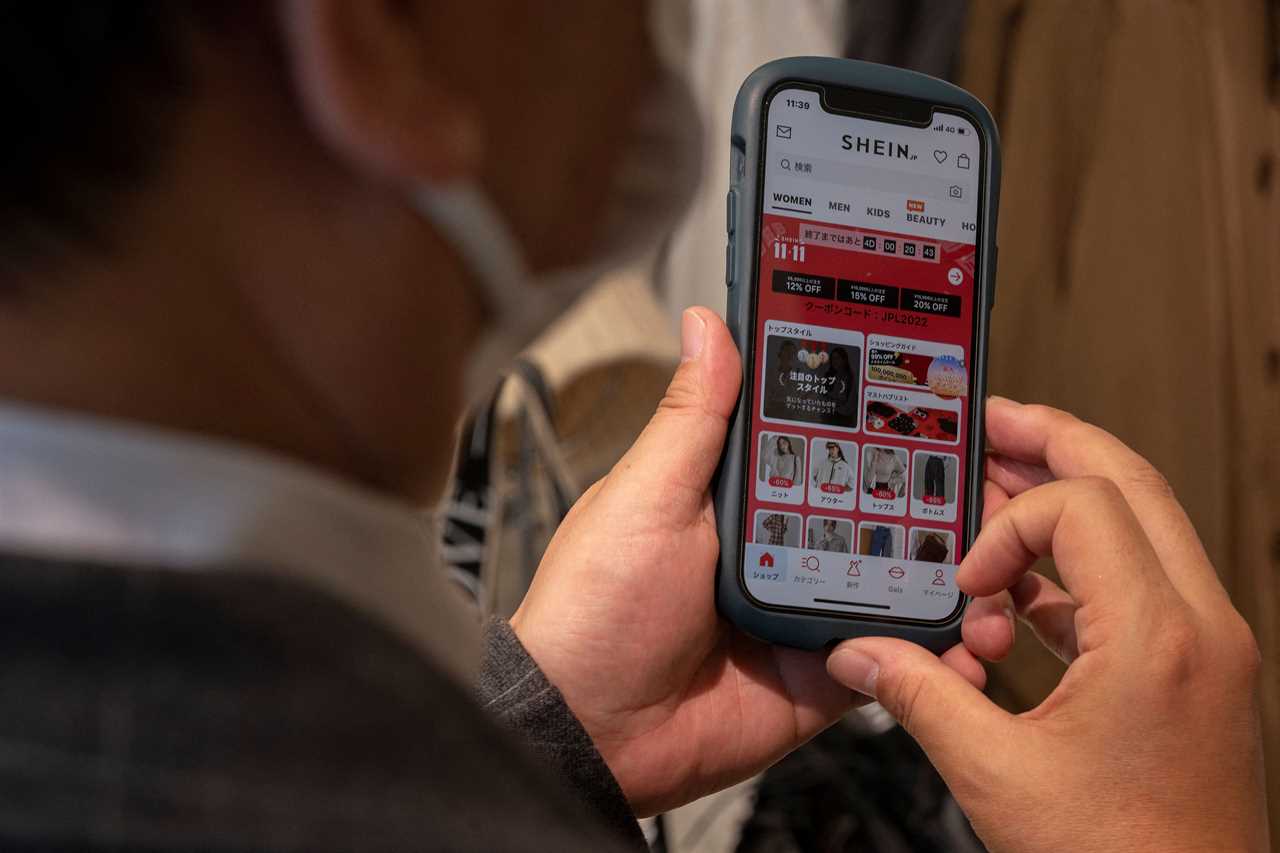
Shein, the world’s largest online fashion retailer, is out to change its negative reputation in Washington.
The e-commerce site popular with Gen Z is one of the most prominent purveyors of “fast fashion,” known for selling a wide variety of cheap dresses, skirts and shirts, many under $10. But the company, which was founded in China in 2008, has been assailed by allegations that its clothes are made with the forced labor of Chinese Uyghurs, an oppressed minority group, and that its business model intentionally evades American tariffs.
For years, those charges went largely unanswered by a company whose executive team was rarely seen, let alone made available to answer questions. But now the e-commerce giant is going on the offensive as lawmakers probe its supply chains, weigh new tariffs that would hit its shipments and potentially throw up roadblocks to its rumored initial public offering. The firm has hired Washington lobbyists for the first time and is talking up its new status as a Singapore-based company after relocating its headquarters there from Nanjing. And its executives are offering previously unreported evidence to the press that they say clears the firm of human rights violations related to its cotton supply.
“We are committed to respecting human rights and adhering to local laws in each market we operate in,” said Peter Pernot-Day, Shein’s head of strategy and corporate affairs.
The new lobbying effort underscores how geopolitical tensions are squeezing Chinese companies that rely on markets in the West, where they face rising scrutiny from both governments and consumers. In the U.S., Chinese companies have become a target for politicians looking to feed off Americans’ anti-China sentiment. They’re also potential losers in the Biden administration’s push to diversify the country’s supply chains away from China, as well as efforts to change the law that allows Shein’s products and other small shipments from China to enter the U.S. duty-free.
Shein, specifically, is under the microscope for its alleged reliance on supply chains that run through the Xinjiang region of China, the site of widespread human rights abuses against the Uyghur minority, after the U.S. enacted a ban on imports from the region in 2021.

This spring, The House Select Committee on China sent a letter to Shein and a handful of other fast fashion retailers, demanding information about their supply chains and any products imported from Xinjiang. Separately, a group of two dozen lawmakers wrote to the Securities and Exchange Commission, asking it to block any Shein IPO if the company cannot prove it does not use forced labor.
Policymakers’ concern about Shein rose last year after Bloomberg reported that two lab tests showed the firm’s clothes were made with Xinjiang cotton — potentially making Shein’s shipments subject to detention at U.S. ports of entry.
Shein did not comment on the test results at the time and still refuses to weigh in on those reports. But now, the firm says its own, previously unreported third-party analyses have shown that the vast majority of its cotton does not come from Xinjiang. (The company also says that only a small proportion — about 4 percent — of its products sold in the U.S. are made of cotton, as opposed to synthetic fabrics.)
Between June 2022 and the beginning of this year, Shein says it had nearly 2,000 separate tests run on its yarn, fabric and finished products — from all 60 of the mills that supply its cotton. Those tests revealed that nearly 98 percent of its cotton did not come from Xinjiang or other regions blocked under U.S. law — while 2.1 percent was found to be sourced from the northwest Chinese region or other “unapproved” places.
“In all such [positive] cases, production of affected products was stopped and any products containing cotton associated with the positive tests were removed for sale,” a spokesperson said.
The testing was done by New Zealand supply chain tracing firm Oritain, which says it can track the origin of cotton fibers down to individual farms. Separate from the Shein work, the company has also been contracted by Customs and Border Protection to assist with the U.S. government’s own supply chain tracing.
Oritain confirmed Shein’s cotton test results and said that they are significantly better than the fashion industry on average. Each year, the firm tests more than a thousand cotton samples from across the industry. In its latest round, about 12 percent of cotton samples tested positive for an “unapproved” region, said Rupert Hodges, chief commercial partner at Oritain.
Shein is “actually outperforming that benchmark very well,” Hodges said.
Determining the source of Shein’s synthetic fabrics like polyester is more difficult. Oritian says testing for polyester is still in its “infancy” and that there is “currently no scientifically viable means of performing origin testing on polyester fibers,” though it is working with Shein and other partners to advance those efforts.
Even so, Shein says that its polyester fabrics aren’t from Xinjiang. The company has no manufacturers in the region, and it generally purchases its polyester “from vendors in the Guangdong region of South Eastern China, as do many garment producers worldwide,” a spokesperson said.
“Regardless of the material used by our manufacturers, all manufacturers must agree to our Supplier Code of Conduct and agree to adhere to SHEIN's Responsible Sourcing Policy, both of which prohibit the use of forced labor,” the spokesperson added.
Chapin Fay, director of the advocacy group Shut Down Shein, said the tests have not assuaged his group’s concerns: “We have little confidence in Shein and what they claim,” Fay said.
Shut Down Shein has bought advertising in national media outlets (including POLITICO) criticizing Shein and met with lawmakers to press them to crack down on the firm. The group has so far kept its members anonymous but bills itself as a group of “well-known brands, individuals and human rights groups” opposed to Shein’s business model.
The fabric testing is only part of Shein’s new charm offensive. It has also sought out media attention for its new designer programs to counter charges that it steals intellectual property from independent fashion designers online, and it is planning future campaigns to counteract the reputation that its fast-fashion model is wasteful and fueling environmental destruction.
To assist in the rebranding campaign, Shein hired its first Washington lobbyists from Akin Gump and Hobart Hallaway and Quayle, two prominent Washington firms, last year. Still, the campaign is in its early stages, with lobbyists working on “general education” on Shein’s business for policymakers, as well as tax and trade issues related to its business, according to disclosures. The firm has also spent less than many firms of its size, just over half a million dollars last year and in the first quarter of 2023.

Despite the new public overtures, many of Shein’s critics find its claims hard to swallow. Rep. Mike Gallagher (R-Wis.) argued that Shein’s own cotton test results show that it still has work to do to weed out forced labor in its supply chain.
“I’m not sure that mostly-not-made-with-slave-labor is a good advertisement,” said Gallagher, chair of the House Select Committee on China, which has opened an investigation into Shein and other suspected trade cheats.
Critics also point out that the firm will have to open itself up to further scrutiny if the rumors of its interest in an initial public offering in the U.S. are true. Pernot-Day said that the company “currently has no plans for an IPO.”
Shein “is going to have a lot of disclosure requirements if they choose to list on our stock exchanges,” said Rep. Raja Krishnamoorthi, the top Democrat on the House China committee. “I think this is a good dry run for them to really come clean, so to speak, and make sure that everybody knows what’s going on regarding their supply chain.”
Even if Shein is successful in convincing its critics that its supply chains do not run through Xinjiang, the company has other issues in Washington. China hawks in Congress accuse it of using a trade loophole known as de minimis — no tariffs on packages under $800 — to escape duties on Chinese imports. A bipartisan group of House trade lawmakers has said they want to address that issue this year, potentially by lowering or eliminating the duty-free threshold.
“Forced labor is only one part of the problem,” said a spokesperson for Rep. Earl Blumenauer, the head Democrat on the Ways and Means trade subcommittee, who has pushed legislation to prevent Chinese imports from receiving duty-free treatment. That loophole “puts domestic producers at a competitive disadvantage compared to their foreign counterparts like Shein.”
----------------------------------------
By: Gavin Bade
Title: Shein tries to overhaul its image as Washington scrutiny grows
Sourced From: www.politico.com/news/2023/06/05/shein-china-forced-labor-claims-lobbying-fast-fashion-00100065
Published Date: Mon, 05 Jun 2023 03:30:00 EST
Did you miss our previous article...
https://consumernewsnetwork.com/politics-us/indian-opposition-leader-gandhi-urges-us-audiences-to-stand-up-for-modern-india






